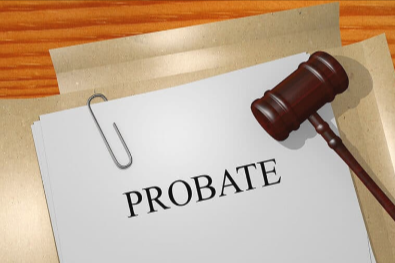When a loved one passes away, navigating through the legal processes of settling their estate can be overwhelming. Probate is a crucial aspect of estate settlement, yet many people find it complex and daunting. In this comprehensive guide, we will break down everything you need to know about probate, its intricacies, and how it affects the settlement of an estate.
Understanding Probate:
Probate is the legal process of administering a deceased person’s estate. It involves proving the validity of the deceased’s will, if one exists, and distributing their assets according to the terms of the will or state law if there is no will. The court oversees the probate process, ensuring that debts are paid, and assets are distributed correctly.
The Probate Process:
The probate process typically begins with the filing of a petition with the probate court. The court then appoints an executor or personal representative to manage the estate. The executor’s duties include identifying and inventorying the deceased’s assets, paying debts and taxes, and distributing remaining assets to beneficiaries.
During probate, creditors have the opportunity to make claims against the estate for any outstanding debts owed to them by the deceased. These claims must be resolved before the remaining assets can be distributed to beneficiaries.
Pros and Cons of Probate:
While probate is a necessary process for many estates, it does have its pros and cons. One advantage of probate is that it provides a structured framework for settling an estate, ensuring that debts are paid and assets are distributed fairly. Additionally, probate can provide a level of oversight and protection for beneficiaries, particularly in cases where disputes arise.
However, probate can also be time-consuming and costly. The process can take several months to several years to complete, depending on the complexity of the estate and any disputes that arise. Additionally, probate fees and court costs can eat into the estate’s assets, reducing the amount ultimately distributed to beneficiaries.
Avoiding Probate:
Many people seek to avoid probate altogether by utilizing estate planning strategies such as creating a living trust, joint ownership of assets, or designating beneficiaries on accounts such as retirement plans and life insurance policies. These strategies can help assets pass directly to beneficiaries outside of the probate process, saving time and money.
Conclusion:
Probate is an essential part of estate settlement, but it can be complex and time-consuming. Understanding the probate process and its implications is crucial for anyone involved in estate planning or settlement. While probate can provide structure and oversight, it can also be costly and lengthy. By exploring alternative estate planning strategies, such as living trusts and beneficiary designations, individuals can potentially avoid the probate process altogether.
At Northwest Strategy and Planning, we understand the complexities of probate and estate settlement. Our team of experienced professionals can guide you through the process, helping you make informed decisions and ensure that your loved one’s estate is settled efficiently and effectively. Contact us today to learn more about our estate planning services.

